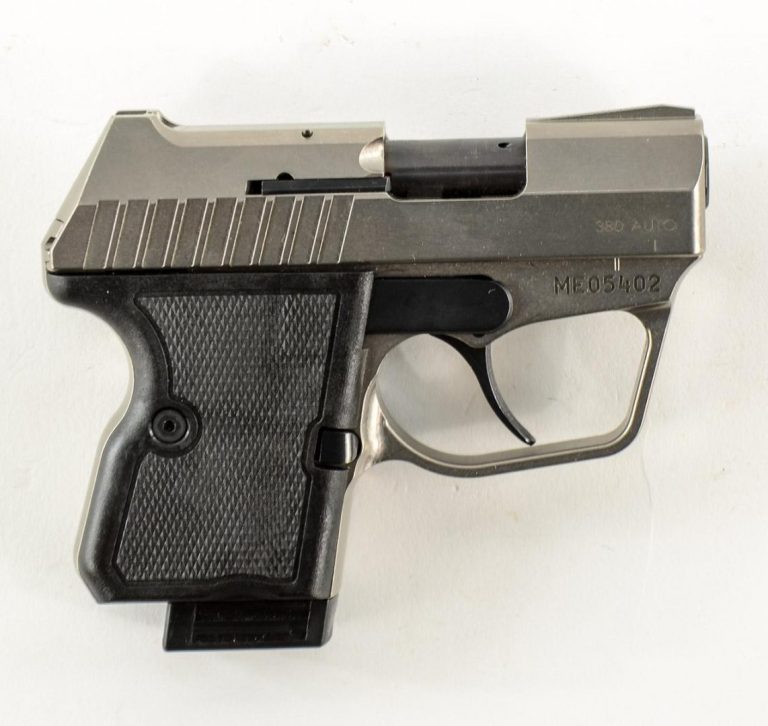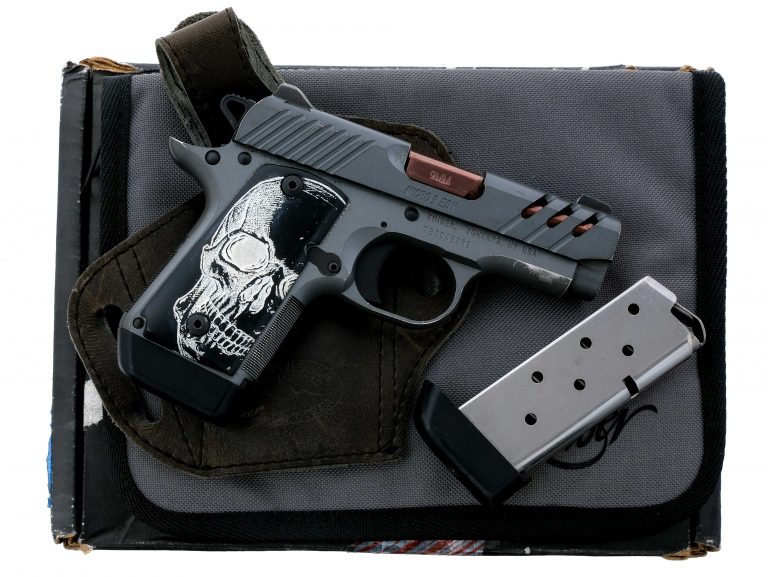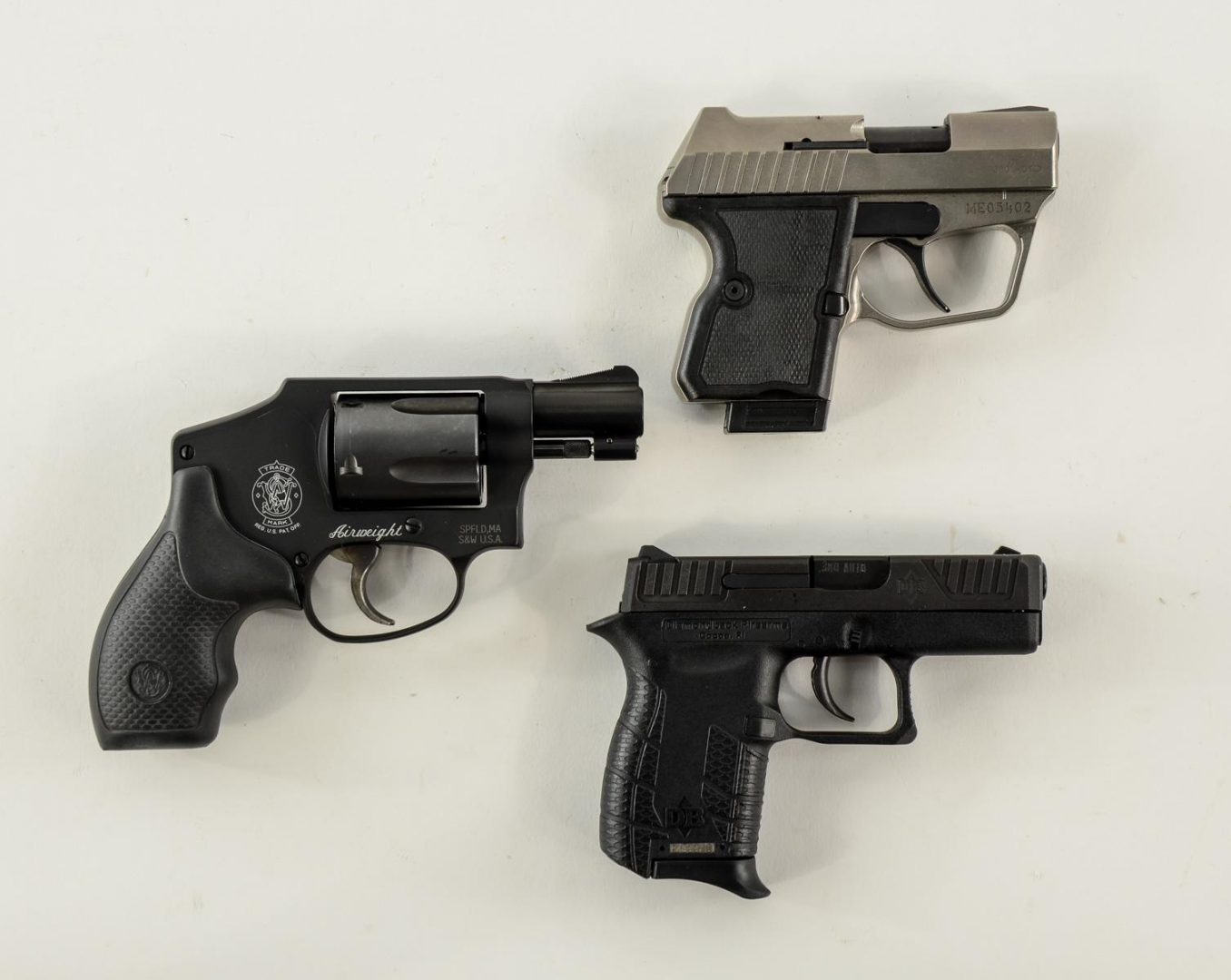How to Legally Sell A Gun in the State of New Jersey
- Home
- How to Legally Sell A Gun in the State of New Jersey
Understand New Jersey's Private Gun Sale Laws
Selling a firearm in New Jersey involves navigating some of the strictest gun laws in the United States. Understanding these laws is crucial to ensure you conduct the sale legally and avoid severe penalties. New Jersey requires all firearm transactions, including private sales, to adhere to strict regulations designed to promote public safety.
Know Background Check Requirements
In New Jersey, a background check is mandatory for all firearm sales, including private transactions. This check must be conducted by a licensed firearms dealer with a Federal Firearms License (FFL). The dealer will perform the background check through the National Instant Criminal Background Check System (NICS) to ensure the buyer can purchase a firearm.
Identify Your Firearm's Current Value
Before selling your firearm, it’s important to determine its current market value. Factors that influence value include the make, model, age, condition, and rarity of the firearm. Conducting research online, consulting price guides, or seeking a professional appraisal from experts like CT Firearms Auctions (CTFA) can provide an accurate valuation. Understanding the value helps you set a fair price and negotiate effectively.
Gather Necessary Documentation
- Proof of Ownership: Documents like a bill of sale or original purchase receipt.
- Firearms Purchaser Identification Card (FPIC): Required for selling rifles and shotguns.
- Permit to Purchase a Handgun: Necessary if you’re selling a handgun.
- Certificate of Eligibility (Form SP 634): Both buyer and seller must complete this form for rifles and shotguns.
Confirm Buyer Eligibility Requirements
Firearms Purchaser Identification Card (FPIC)
For the sale of rifles and shotguns, both the buyer and seller must possess a valid FPIC. This card is issued by the New Jersey State Police after a thorough background check and is mandatory for purchasing long guns in the state.
Handgun Purchase Permits
Minimum Age Requirements for Buyers
- Rifles and Shotguns: The buyer must be at least 18 years old.
- Handguns: The buyer must be at least 21 years old.
Explore Selling Options
Selling through Licensed Dealers
Selling your firearm to or through a licensed dealer is often the safest and most straightforward method. Licensed dealers are well-versed in New Jersey’s firearm laws and will handle the necessary background checks and paperwork. CT Firearms Auctions offers services that simplify the process, ensuring legal compliance and providing competitive offers based on current market values.
Selling to Private Parties
Selling via Online Platforms
Understand Restrictions on Pawn Shops and Gun Shows
Restrictions on Pawn Shops
Restrictions on Gun Shows
Utilizing Gun Buying Services
Complete the Selling Process
Documenting the Sale
- Certificate of Eligibility (Form SP 634): For rifles and shotguns.
- Permit to Purchase a Handgun: For handguns, ensure all copies are filled out correctly.
- Receipts and Bills of Sale: Include detailed information about the firearm and both parties.
Receiving Payment Safely
Finalizing the Transaction
Frequently Asked Questions
What should I do if the buyer fails a background check?
Can I sell a gun without an FFL?
What records should I keep after selling a gun?
- Copies of the Certificate of Eligibility or Permit to Purchase a Handgun.
- A detailed bill of sale including the firearm’s make, model, serial number, and the buyer’s information.
- Any receipts or documents provided by the licensed dealer.
- Records should be kept for at least six years.
Contact CT Firearms Auctions Today
Selling a firearm in New Jersey requires careful adherence to state laws and regulations. By understanding private sale laws, confirming buyer eligibility, and properly documenting the transaction, you can ensure a legal and successful sale. Exploring various selling options and utilizing professional services like CT Firearms Auctions can simplify the process and help you receive the best value for your firearm. If you’re ready to sell your firearm or collection in New Jersey, we are here to assist you! Our team of experts will guide you through every step, ensuring compliance with all laws and maximizing your return.



